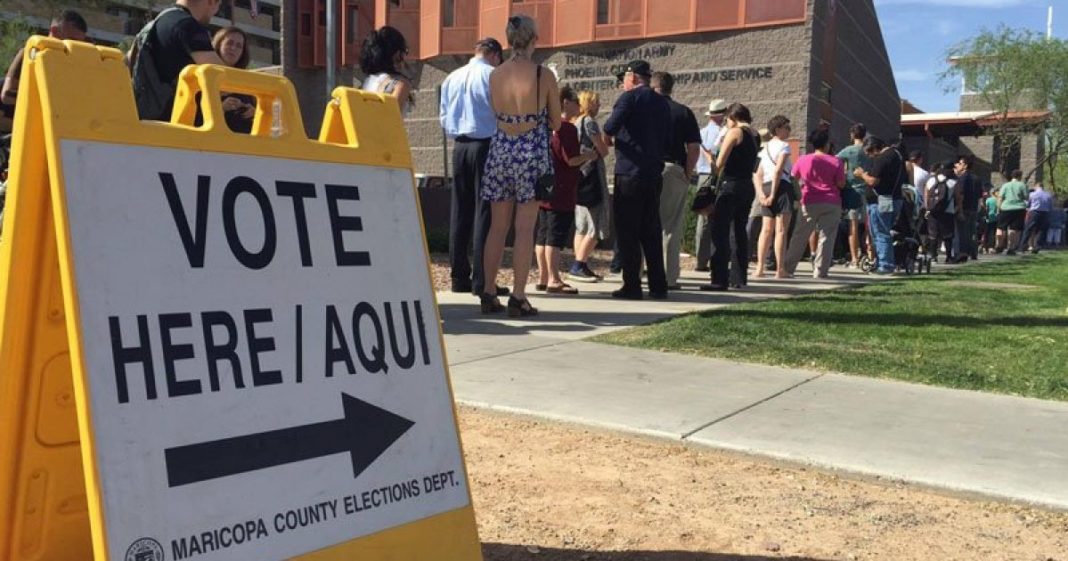The New York Times informed its audience on Friday to anticipate a delay in the announcement of election results in November, cautioning against the assumption that the victor of the presidential election will be known on Election Night. Historically, prior to the advent of modern technology, closely contested presidential elections were often resolved by the early hours of the following day, as exemplified by the 1960 election between Robert F. Kennedy and Richard Nixon, which some analysts suggest may have been unfairly influenced against Nixon.
In the contemporary context of the 21st century, the timeframe for determining close election outcomes remains similar or may even extend further, contingent upon the specific state involved. For instance, in 2020, the final election results were not confirmed until four days post-Election Day.
According to the Times, Americans should not anticipate knowing the outcome of the 2024 presidential election on Election Night due to the “stringent security protocols necessary for the counting of mail-in ballots.”:
If a winner is not declared on election night, it will not necessarily point to failures in the process. More likely, it will be a result of the intense security measures required for counting mail-in ballots.
“Election officials across the country are trying to telegraph to voters that waiting long hours or even days for a result is not unexpected in a close election. They are eager to counter conspiracy theorists who may seize on the uncertainty as evidence of fraud or malfeasance. Counting mail ballots takes more time because there are more steps involved. A variety of security measures, including signature verification and ensuring that voters did not also try to vote in person, are required. Election officials must open the ballots and flatten them out before they can be put in a tabulator to be counted.”






